You’re great at what you do. Reliable, capable, consistent. So when something important needs to get done, your name comes up first. And if something urgent falls through the cracks? You’re the one who quietly picks it up.
But what starts as a compliment — being trusted — can easily turn into a curse.
You become the default person for everything. And over time, it feels less like recognition and more like a never-ending to-do list.
Now I’m not encouraging you to work less or care less.
I’m here to remind you to manage your time, protect your energy, and lead your career on your own terms.
Because the most effective professionals aren’t the ones who take on the most. They’re the ones who know what’s worth taking on.
Why High Performers Take on Too Much
- The Competence Trap: When Doing Well Leads to Doing More
You’ve probably heard the saying:
“If you want something done, give it to the busiest person in the company.”
It sounds flattering. Busiest equals most productive, right?
But let’s unpack that.
The busiest person is usually the one who’s proactive. They follow through. They show initiative. That’s why they’re the go-to.
When a business relies on its top performers to keep everything afloat, it often comes at the cost of broader team development.
Others don’t get the chance to step up. New people don’t get to learn. And you, the high performer, become trapped in an unsustainable loop.
The result? Burnout, stagnation, and missed opportunities for everyone.
- The Hidden Pressures That Keep You Stuck
Even when you know you’re taking on too much, stepping back can feel impossible. Here’s why:
❗ “No one else can do it.” → Feeling irreplaceable.
You might be the only one who knows how to do it now, but that’s exactly why you need to create space for others to learn. Being irreplaceable may feel secure, but it can burn you out.
❗ “It’s faster to do it myself.” → Time-poor thinking.
Yes, teaching someone else takes time. But if you never delegate, you’ll be stuck in this loop forever. A 30-minute walkthrough today could save you dozens of hours later.
❗ “If I don’t do it, what does that say about me?” → Tying self-worth to workload.
Your value isn’t based on how much you carry. It’s based on the impact you make. Sometimes, that impact comes from saying “no” to the rest so you can say “yes” to the things that actually move the needle.
❗ “I can do it better.” → The ego factor.
Maybe you can. But if a task is always done your way, there’s no room for improvement or innovation. Sharing the load allows others to contribute and potentially optimise the process. That’s leadership.
The Personality Factor: How Different Types Handle Overwork
Everyone responds differently to being overloaded, and understanding your personality type can help you create smarter boundaries.
Here’s how common Myers-Briggs types tend to respond under pressure, and what to watch out for:
🔹 Introverts (I) vs. Extroverts (E)
- Introverts: More likely to suffer in silence, taking on too much without voicing concerns.
- Extroverts: More likely to overcommit openly, thinking they can handle it all—until they realise they can’t.
✔️ Solution: Develop structured ways to communicate boundaries. Introverts can write down concerns before speaking up. Extroverts can pause before saying “yes” to everything.
🔹 Thinkers (T) vs. Feelers (F)
- Thinkers: Rationalise overwork: “No one else can do it as efficiently, so I should just handle it.”
- Feelers: Struggle with guilt: “If I don’t do this, I’m letting people down.”
✔️ Solution: Recognise the difference between responsibility and obligation. If taking on more work hurts your performance, it’s not helping anyone.
🔹 Judgers (J) vs. Perceivers (P)
- Judgers: Prefer structure and control but may overload themselves by not delegating.
- Perceivers: Love flexibility but take on too much variety, leading to scattered focus.
✔️ Solution: Find balance. Judgers should delegate small tasks. Perceivers should prioritise rather than saying yes to everything.
How to Take Control Without Burning Out
This isn’t about avoiding work. It’s about working on the right things, in the right way.
- Reframe Boundaries as Career Strategy
Boundaries aren’t barriers. They’re filters that protect your focus, performance, and long-term career. Saying no doesn’t make you difficult; it makes you effective.
💬 “I can take this on, but it will push back [other task]. What’s the priority?”
- Learn the Art of Delegation
If you feel like delegating will just push your problems onto others, remember this:
✔️ Delegation isn’t dumping. It’s distributing work fairly.
✔️ Training someone now saves future you from overload.
✔️ It gives others a chance to develop new skills.
When you delegate…
✅ Set expectations clearly
✅ Provide context, not control
✅ Follow up, don’t micromanage
- Communicate with Clarity and Confidence
Don’t wait until you’re overwhelmed to speak up. Be proactive. Frame your conversation around outcomes and priorities, not capacity alone.
💬 “To maintain quality, I need to adjust my focus. Here’s what I recommend…”
- Set Expectations with Colleagues Too
Your peers may not realise you’re at capacity. Saying yes too often sets an unspoken precedent.
💬 “I’d love to help, but I need to wrap up X first. Can we revisit this next week?”
Conclusion: Being in Control Is the Real Flex
Overwork is not a badge of honour. It’s a sign of inefficiency.
If you’re constantly overloaded, advocate for yourself. Speak up. Set limits. Delegate. You don’t have to do everything to be valuable. You just need to do the right things well.
The most successful professionals aren’t the ones who take on the most work. They’re the ones who manage their workload strategically.
Want to grow? Lead? Deliver better results? Start by protecting the one thing you can’t get more of: your energy.

Ali Mckee
Ali is the General Manager for Operations and Sales at ThunderLabs. With over a decade of experience, she has mastered the art of building strong, strategic relationships crucial for success in both the company and its clients.


